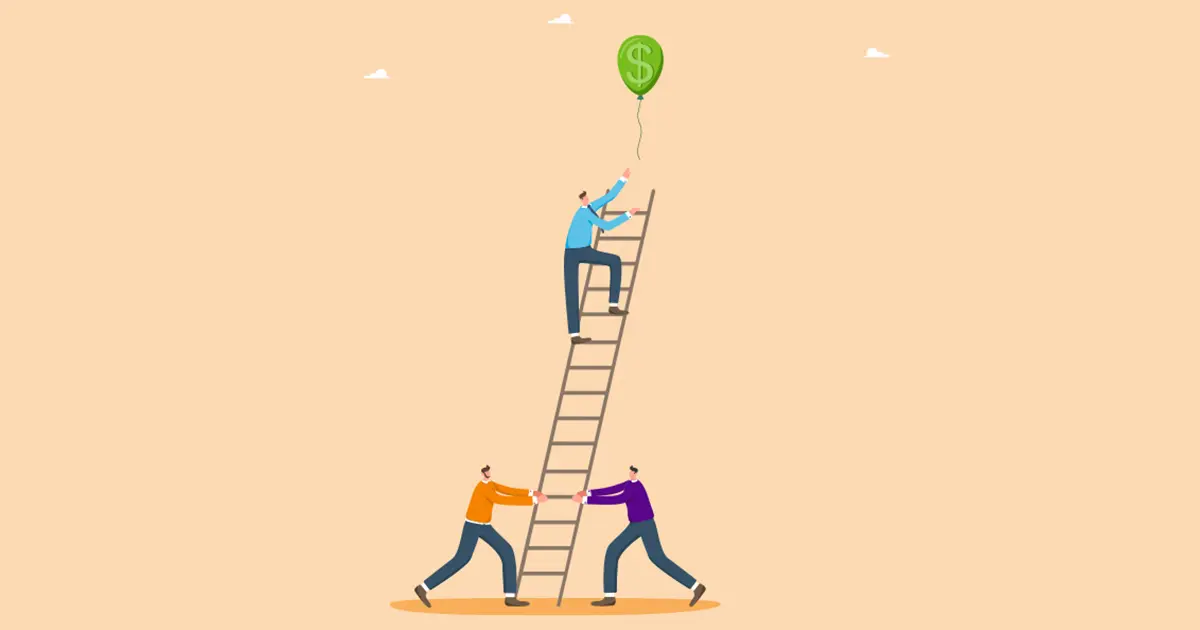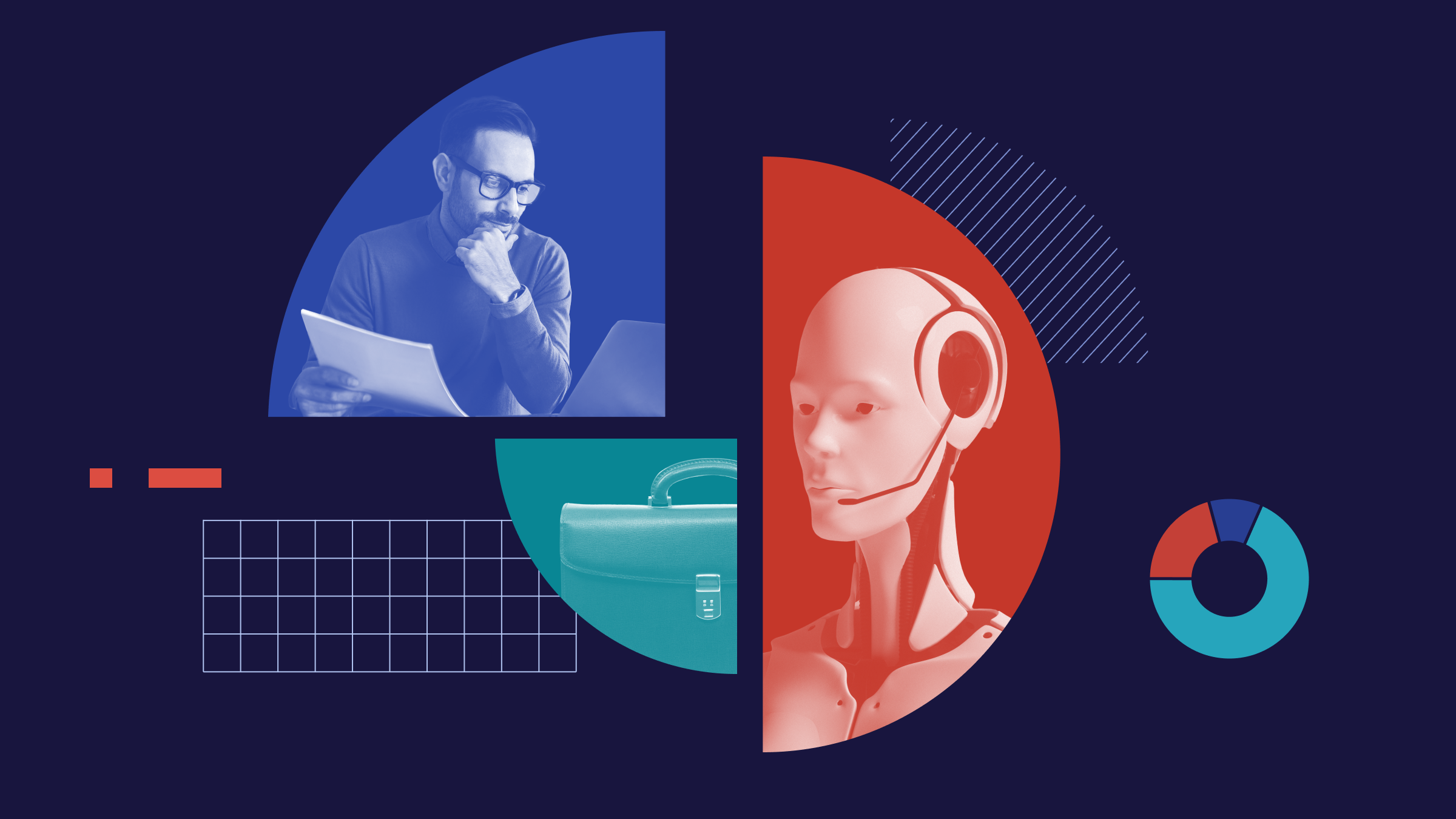Why Investment Management Software Is Essential in 2025
The complexity of managing multiple asset classes, tax strategies, and client accounts demands a digital solution. Today’s investment management tools offer:
- Real-time portfolio tracking
- Automated rebalancing
- Risk analysis and forecasting
- Client portal access
- Secure document sharing and compliance features
These features make investment management software indispensable for RIAs, hedge funds, family offices, and fintech firms.
Investment Management Platforms Comparison (2025)
| Software Name | Key Features | Target Users | AI Capabilities | Pricing Tier |
|---|---|---|---|---|
| Orion Advisor | Portfolio rebalancing, tax-loss harvesting | RIAs, wealth managers | ✅ | Premium |
| Morningstar Office | Investment research, performance reporting | Financial advisors | ✅ | Premium |
| Personal Capital | Budgeting + portfolio tracking for consumers | Individual investors | ✅ | Free & Paid |
| eMoney Advisor | Cash flow planning, client reports | Wealth planners | ✅ | Mid-tier |
| RightCapital | Financial planning + risk tolerance modeling | RIAs and CFPs | ✅ | Mid-tier |
These investment software solutions help professionals and individuals stay ahead of market shifts while maintaining clarity and compliance.
The Role of AI in Investment Platforms
Modern investment management software in the USA increasingly integrates AI to help reduce bias and uncover smarter strategies. These features include:
- Predictive asset allocation modeling
- Sentiment analysis for stock research
- AI-powered alerts for portfolio volatility
- Robo-advisory integration
- Risk-adjusted performance suggestions
As artificial intelligence matures, investment tools are becoming not just responsive, but proactive.
Key Features That Define Quality Investment Software
Successful wealth management platforms offer more than spreadsheets and graphs. Critical features of leading investment management tools include:
- Compliance tracking with SEC and FINRA standards
- Multi-custodian integration for large portfolios
- White-label portals for advisors and clients
- Data encryption and SOC 2 security
- Mobile access for on-the-go portfolio monitoring
Together, these features enable smooth and secure investment planning workflows.
Trends in the U.S. Investment Technology Landscape
Several trends are shaping the future of investment management software:
- Direct indexing and tax optimization tools
- Real-time API access to brokerage and banking data
- Client-facing dashboards with biometric logins
- Behavioral finance integrations
- Cryptocurrency support for diversified asset tracking
These innovations ensure that the software evolves alongside investor needs and market volatility.
Who Benefits from Investment Management Tools?
While large firms often lead adoption, investment management software is now accessible for:
- Independent financial advisors
- Robo-advisor platforms
- Solo investors managing IRAs or 401(k)s
- Tax and estate planners
- Family offices with multi-generational wealth
Regardless of scale, the right software improves transparency, saves time, and boosts portfolio accuracy.
Conclusion: Smarter Investing Through Better Technology
In an era where precision and efficiency define success, choosing the right investment management software is crucial. With AI, compliance automation, and intuitive client engagement tools, these platforms empower both individuals and firms to make data-backed decisions and stay financially agile.
As digital wealth management grows, the firms that leverage these advanced tools in 2025 will not only manage capital—but multiply it.









